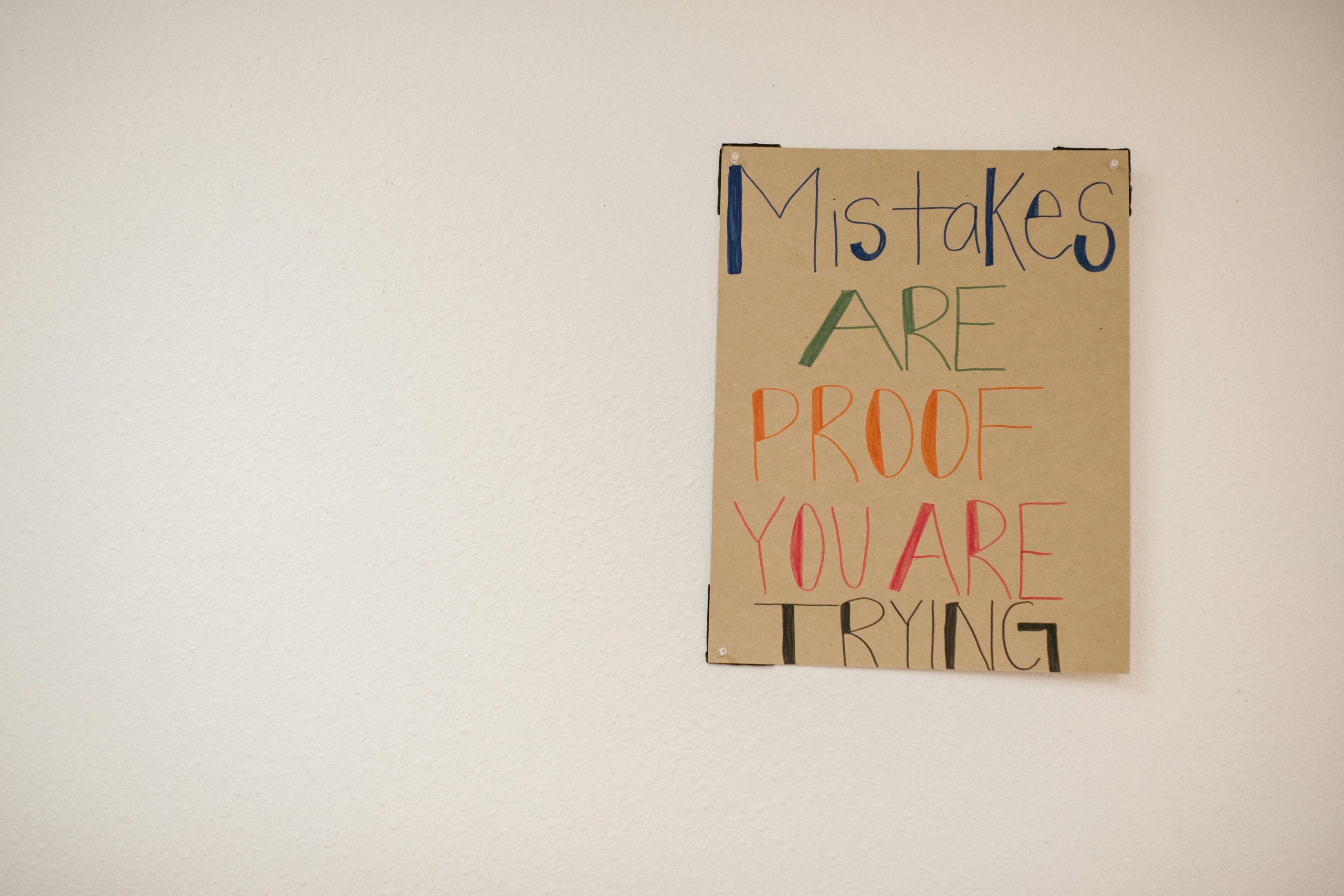The Cognitive Dissonance Surrounding COVID-19 Messaging
It’s astonishing how certain narratives persist even in light of clear evidence. The ongoing discourse around COVID-19 continues to be a topic of heated debate, and it seems that some individuals remain unconvinced by the information that’s been laid out before them.
One particularly perplexing phenomenon is the claim that “we were never told this” regarding the effectiveness of COVID-19 vaccines. Despite a plethora of articles and videos supporting the assertion that vaccines were initially presented as a means to prevent both infection and transmission of the virus, many individuals continue to reject this information outright.
This resistance to acknowledging established facts raises questions about cognitive dissonance and the ways in which misinformation can take root. It’s intriguing to reflect on how the significant amount of information available has failed to change some people’s beliefs, even when confronted with credible evidence.
In a time when public health messaging is crucial, it’s essential to encourage open dialogue and critical thinking. As we navigate through the aftermath of the pandemic, understanding the motivations behind such claims can be as valuable as the evidence itself. Engaging in constructive discussions may help bridge the gap in perceptions and foster a more informed community.



